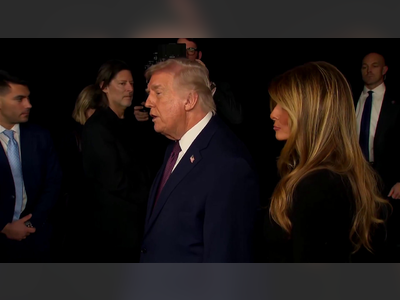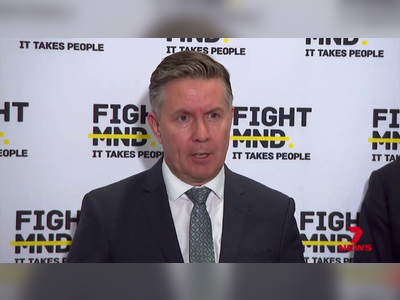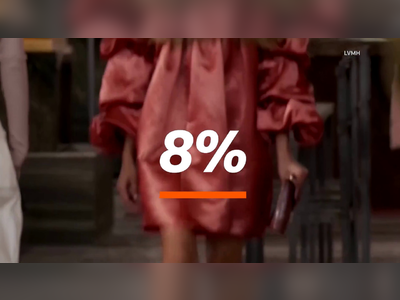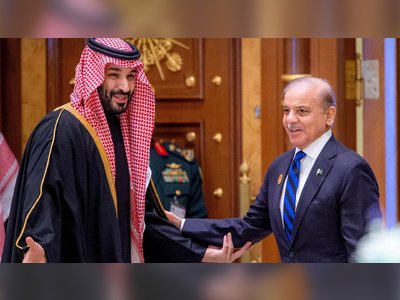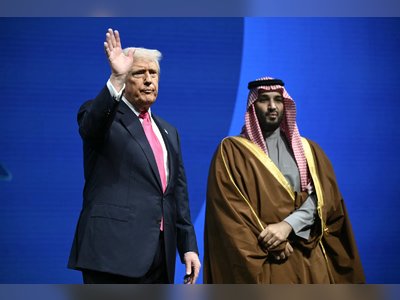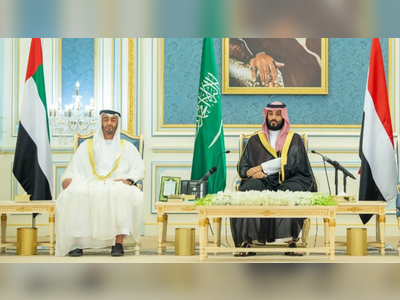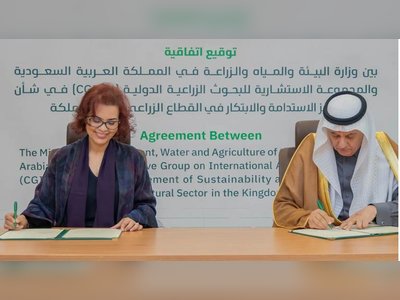Macron Admits 1957 Killing by French Soldiers Amid Israel's Military Budget Controversy and UNESCO's Restoration Triumph
French President Macron admits French soldiers' role in 1957 Algerian leader's death amid ongoing reconciliation efforts; Israel approves a debated $162 billion wartime budget for 2025 as tensions rise with Hezbollah.
In a significant move towards reconciliation, French President Emmanuel Macron acknowledged that French soldiers were responsible for the 1957 killing of Larbi Ben M’hidi, a key Algerian independence leader. This admission is part of his ongoing efforts, though he stops short of a formal apology for France’s colonial history. Notably, Ben M’hidi was killed under General Paul Aussaresses's command, who confessed to the act years ago.
Shifting focus to Israel, the government has approved a 2025 national wartime budget of $162 billion, which has sparked debates on its economic impact. This budget, supporting conflicts with Hamas and Hezbollah, includes allocations for reserve soldiers and awaits parliamentary approval. Finance Minister Bezalel Smotrich defends the plan prioritizing security, yet critics like Yair Lapid fear it may burden households.
Meanwhile, tensions escalate as Israeli airstrikes intensified in southern Beirut, Lebanon, targeting Hezbollah-linked sites and causing widespread destruction. The recent attacks are part of a broader military campaign resulting in significant casualties in Lebanon. Reports indicate over 1,829 deaths since late September, as devastation continues in key areas.
On the international stage, climate activist Greta Thunberg voiced strong criticism towards former U.S. President Donald Trump and the current administration over their handling of the Gaza conflict. Thunberg highlights the dire impact of Israel’s offensive actions, attributing thousands of civilian Palestinian deaths to the ongoing conflict, information corroborated by the United Nations.
In a more positive development, UNESCO announced the near completion of the Al-Hadba minaret restoration in Mosul, an iconic 12th-century structure destroyed by Daesh. As part of the Revive the Spirit of Mosul initiative, the reconstruction of this cultural landmark aims to restore the city's historical identity, with completion expected by December.
Finally, despite ongoing conflict challenges, the polio vaccination campaign in Gaza will resume, targeting the health needs of children in the region. Initially disrupted by Israeli attacks, the campaign aims to reach 119,000 children in northern Gaza, now focusing on Gaza City. Coordination efforts by the Israeli army’s civilian affairs agency ensure the campaign's continuation, with further assessments planned to adjust the effort as needed.
Shifting focus to Israel, the government has approved a 2025 national wartime budget of $162 billion, which has sparked debates on its economic impact. This budget, supporting conflicts with Hamas and Hezbollah, includes allocations for reserve soldiers and awaits parliamentary approval. Finance Minister Bezalel Smotrich defends the plan prioritizing security, yet critics like Yair Lapid fear it may burden households.
Meanwhile, tensions escalate as Israeli airstrikes intensified in southern Beirut, Lebanon, targeting Hezbollah-linked sites and causing widespread destruction. The recent attacks are part of a broader military campaign resulting in significant casualties in Lebanon. Reports indicate over 1,829 deaths since late September, as devastation continues in key areas.
On the international stage, climate activist Greta Thunberg voiced strong criticism towards former U.S. President Donald Trump and the current administration over their handling of the Gaza conflict. Thunberg highlights the dire impact of Israel’s offensive actions, attributing thousands of civilian Palestinian deaths to the ongoing conflict, information corroborated by the United Nations.
In a more positive development, UNESCO announced the near completion of the Al-Hadba minaret restoration in Mosul, an iconic 12th-century structure destroyed by Daesh. As part of the Revive the Spirit of Mosul initiative, the reconstruction of this cultural landmark aims to restore the city's historical identity, with completion expected by December.
Finally, despite ongoing conflict challenges, the polio vaccination campaign in Gaza will resume, targeting the health needs of children in the region. Initially disrupted by Israeli attacks, the campaign aims to reach 119,000 children in northern Gaza, now focusing on Gaza City. Coordination efforts by the Israeli army’s civilian affairs agency ensure the campaign's continuation, with further assessments planned to adjust the effort as needed.
